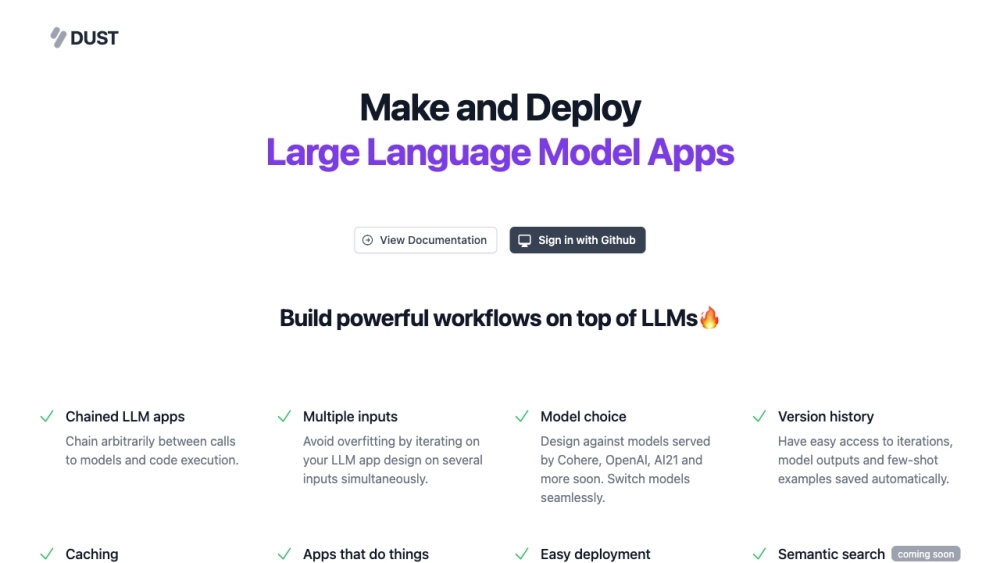Nvidia’s CEO, Jensen Huang, recently highlighted the company’s commitment to enhancing inferencing performance with cutting-edge hardware, following the launch of its new H200 chips. During the ai-PULSE tech conference in Paris, Huang emphasized that these H200 chips can effectively double inferencing performance “without changing anything” in terms of system architecture or software stack. This significant upgrade marks the H200's emergence as the successor to the H100 chips, and Huang noted that the enhanced performance could halve operational costs for users.
Nvidia is also advancing its efforts with the Grace Hopper 200 Superchip, a powerful addition that allows for expansion of chip interconnections from eight GPUs to an impressive 32. Huang described this capability as the creation of a "virtual giant GPU," which signifies a remarkable leap in processing power.
Addressing the global landscape of AI development, Huang pointed out the necessity for countries to establish their own sovereign AI systems. He explained that while initial AI developments predominantly emerged from the U.S., the next phase would see a growing recognition across regions and nations for the importance of building localized AI solutions that resonate with their unique languages, cultures, and industries.
Huang further articulated that the upcoming wave of AI will expand the reach of generative AI into various sectors beyond just internet services, affecting traditional industries on a global scale.
In discussing the importance of open source within the AI ecosystem, Huang acknowledged key figures in the field, such as Demis Hassabis, CEO of Google DeepMind, and Yann LeCun, Meta's chief AI scientist. He expressed admiration for their contributions, stating, “Without open source, how would AI have made tremendous progress in the last decade?” He highlighted projects like Llama 2 and Mistral 7-B as pivotal in generating excitement around generative AI beyond a handful of companies.
Huang underscored the critical role of open source in fostering innovation, collaboration, and engagement across the AI landscape. He noted that Nvidia is among the supporters of Hugging Face, a prominent open source AI platform housing many influential models. He praised Hugging Face for maintaining the ecosystem's vibrancy, facilitating research not only for innovation but also for ensuring the safety and responsibility of AI technologies.
“The culture and social engagement of open source is essential and vital,” Huang remarked, reinforcing the shared belief that continuing innovation in this space will shape the future of AI for industries worldwide.




